Welcome to the the thread for my personal favorite actor of all time: Gary Cooper. This might get pretty long, because when it comes to this guy, I simply have no self-control whatever when it comes to eliminating photos. Plus, Coop did over 90 films in his long career, so it's tough for that reason as well.
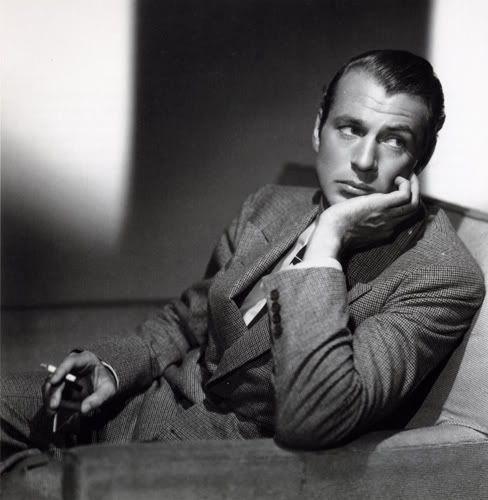
Biography (from TCM Website, with edits by me):
Throughout his long and distinguished career, Gary Cooper consistently projected a screen image of integrity and sincerity that epitomized the ideal American. Tall, handsome and soft-spoken, he injected his own likable self into whatever role assumed, always triumphing over adversity, regardless of the odds or circumstances. He never played a malicious or dishonest man; that would have just been too much against type, and 'Coop' possessed an uncanny intuitive sense about what was theatrically right. He was arguably the greatest natural actor in American cinema with audiences responding to his screen presence from the beginning, making him one of the most popular film stars ever. A favorite of directors like Henry Hathaway, Cecil B. DeMille and Frank Capra, Cooper portrayed a steady diet of heroes, as comfortable in a lounge suit as he was in buckskins. During his peak period (1935-1945), he proved, even to his detractors, that he was an actor of subtlety and depth, enjoying a remarkable love affair with the camera.
Born Frank James Cooper to British-born parents, he spent his early years on a ranch in Montana until his mother took him and his older brother to England in 1910. After seven years, Cooper returned to the USA, attended college and eventually joined his family in Los Angeles. Arriving as an aspiring 23-year-old cartoonist, he began appearing as an extra and stunt rider in Westerns after failing to impress the newspapers with his artwork. On the advice of a casting director (later his agent), he changed his first name to "Gary" (after the Indiana city) and got his big break, a pivotal role in "The Winning of Barbara Worth" (1926), supporting Ronald Colman and Vilma Banky. The film's producer, Samuel Goldwyn, offered him a contract for $65 per week, but Cooper instead signed with Paramount for the much higher salary of $150 per week. Soon he was starring in oaters like "Arizona Bound", "Nevada" and "The Last Outlaw" (all 1927), but it was a featured part in that year's "Wings", one of the most famous silent films of all time, that really triggered an onslaught of fan mail. The studio eased him in front of a microphone for the final scenes of "The Shopworn Girl" (1928), and his voice recorded well. By the early 1930s his exceptional good looks and slow, thoughtful delivery was endearing him to film fans the world over as Paramount matched him against a bevy of beauties: Marlene Dietrich ("Morocco" 1930), Carole Lombard ("I Take This Woman" 1931), Claudette Colbert ("His Woman" 1931) and Tallulah Bankhead ("Devil and the Deep" 1932).
Cooper struck a lasting friendship with the writer Ernest Hemingway, playing the first of his detached Hemingway heroes in "A Farewell to Arms" (1932), opposite Helen Hayes. As he embarked on his first of seven films with Hathaway ("Now and Forever" 1934), he was about to enter a period where almost all his films were exceptional. His Best Actor Oscar nomination as the multi-millionaire trying to give away his inheritance in Capra's "Mr. Deeds Goes to Town" (1936) attests to his facility for comedy, but there was always a Western around the corner like DeMille's "The Plainsman" (1937) or William Wyler's "The Westerner" (1940) for him to inhabit. Though he was a perfect fit with the cowboy iconography, Cooper also possessed a chameleon quality that enabled him to be equally adept in a remarkably varied oeuvre. Make him the hero and put him in any walk of life, and he could embody that interpretation of the American Dream. He won his first Oscar as "Sergeant York" (1941), the most decorated US serviceman of World War I, worked hard to overcome his unfamiliarity with baseball to give an excellent, Oscar-nominated performance as Lou Gehrig in "The Pride of the Yankees" (1942) and slipped readily back into the skin of a Hemingway character for another Oscar-nominated turn in the Spanish Civil War tale, "For Whom the Bell Tolls" (1943). In one of his last films for Paramount, Cooper made a credible nuclear physicist caught up in espionage for Fritz Lang's "Cloak and Dagger" (1946), and though many thought him miscast as the idealistic architect of "The Fountainhead" (1949), women responded strongly to his rugged individualism, especially the sight of him bare-chested in the quarry.
The peak of his career having passed, he found himself in the doldrums at Warner Bros., but there remained at least one last, great defining part ahead. 'Coop' took a cut in salary in exchange for a percentage of the profits on Fred Zinnemann's "High Noon" (1952), marking the beginning of big star participation in movie-making. He delivered a magnificently understated performance as the middle-aged sheriff who must fight one more battle before retirement, earning universal acclaim and the second Best Actor Academy Award of his career.
Of his subsequent movies, Wyler's "Friendly Persuasion" (1956) probably showed him to best advantage as a Quaker drawn reluctantly into the Civil War, though Anthony Mann's "Man of the West" (1958), dismissed at the time, has more recently gained in reputation. In his last years, Cooper made minor films, dying of cancer in May 1961, shortly after receiving an honorary Oscar for his contributions to the industry.
The Winning of Barbara Worth (1926):
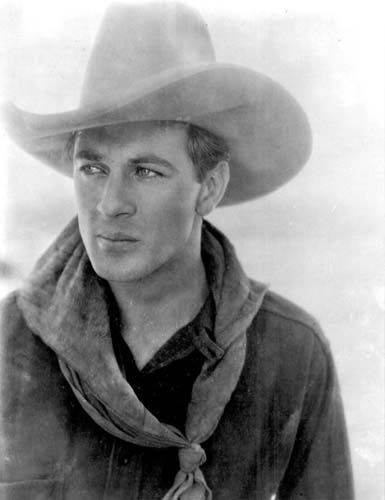
Lilac Time (1928):
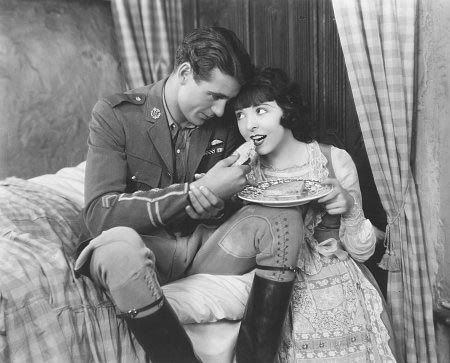
Beau Sabreur (1928):
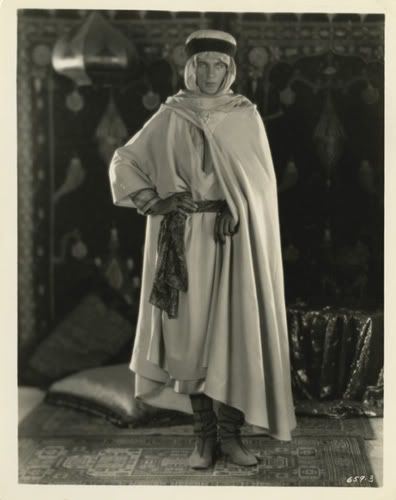
Morocco (1930) (with Marlene Dietrich):
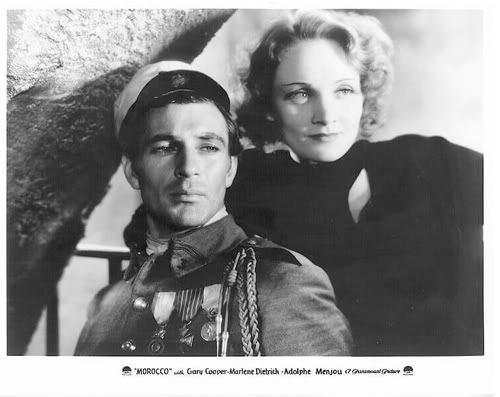
The Spoilers (1930):
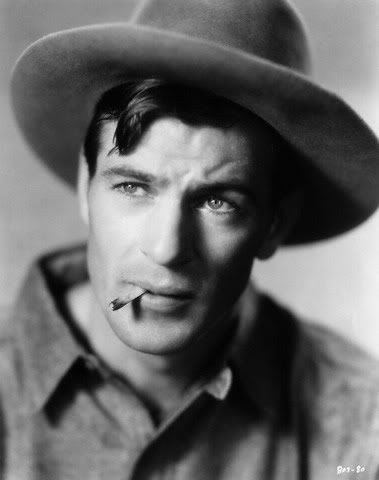
City Streets (1931):
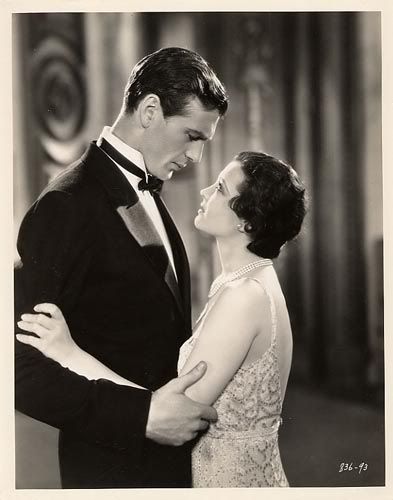
Fighting Caravans (1931):
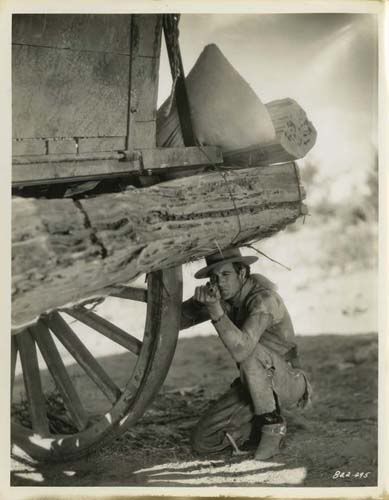
A Farewell to Arms (1932) (with Helen Hayes):
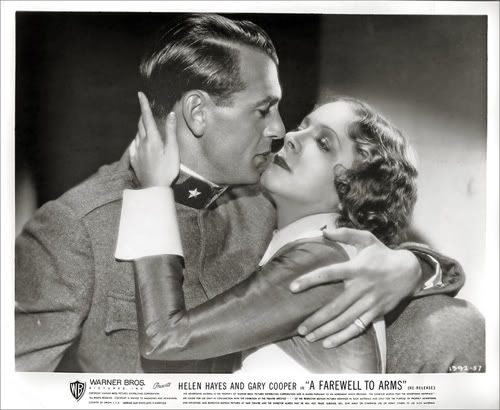
One Sunday Afternoon (1933):
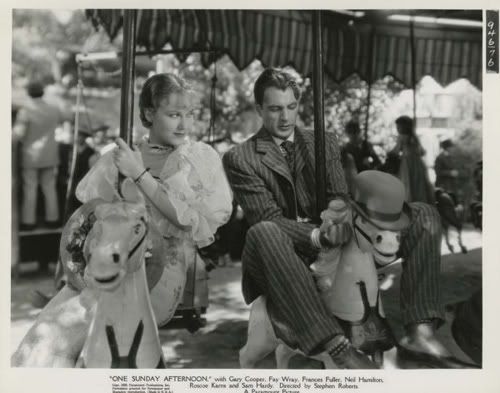
Today We Live (1933) (with Joan Crawford):
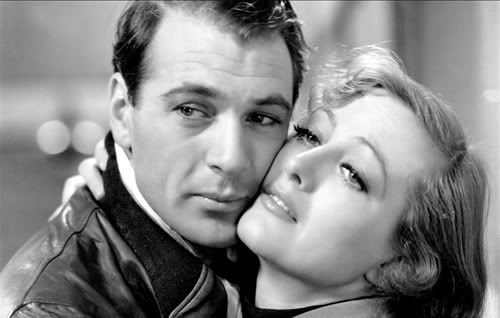
Now and Forever (1934) (with Shirley Temple):
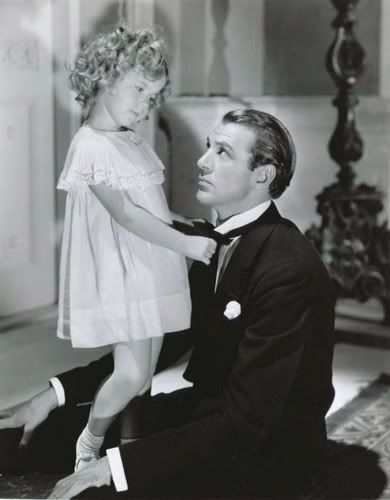
Operator 13 (1934):
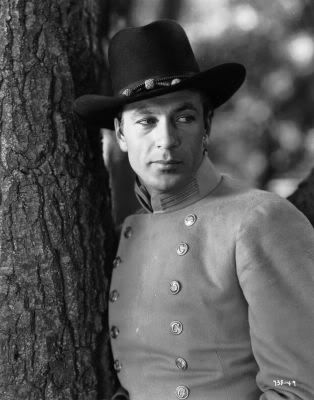
Peter Ibbetson (1935) (with Ann Harding):
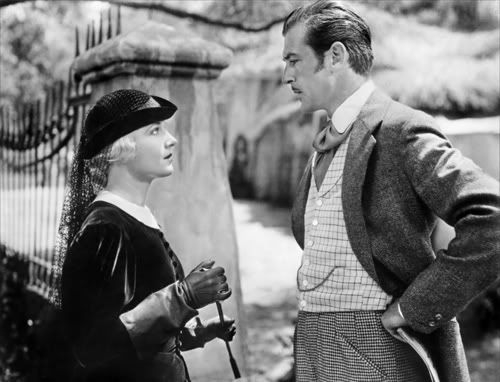
The Wedding Night (1935) (with Ralph Bellamy and Anna Sten):
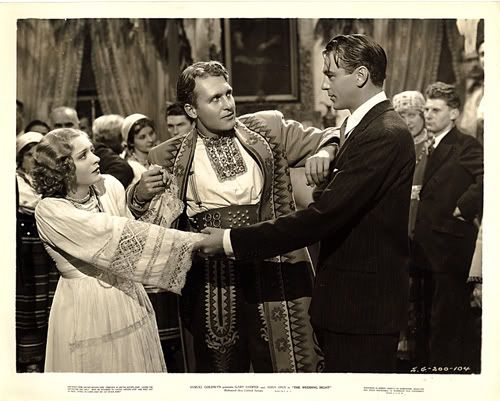
Lives of a Bengel Lancer (1935):
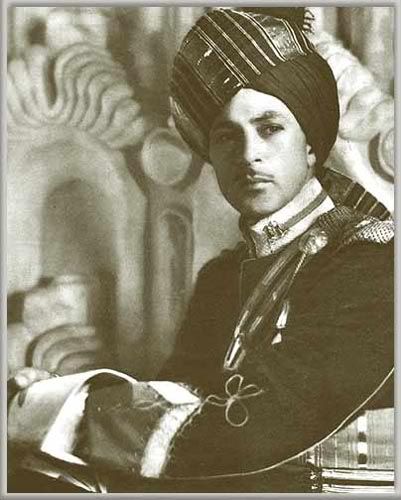
Mr. Deeds Goes to Town (1936) (the first Gary Cooper movie I ever saw!):
**Nominated for Best Actor Oscar for this film
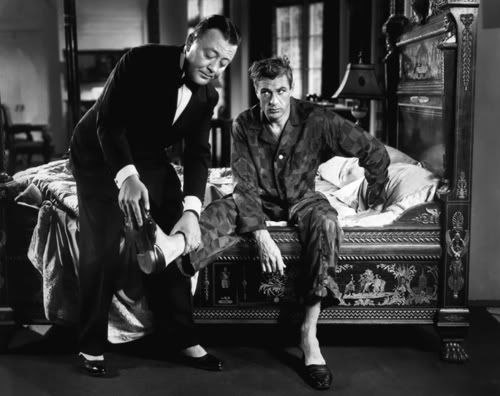
The Plainsman (1937) (with Jean Arthur):
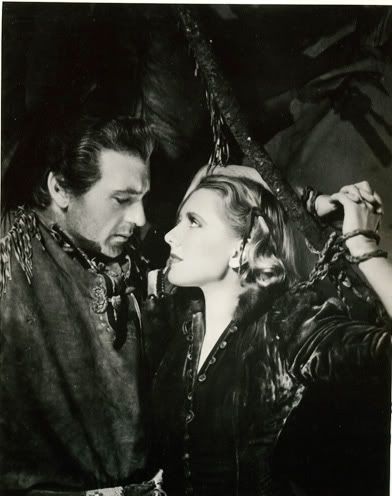
The Adventures of Marco Polo (1938):
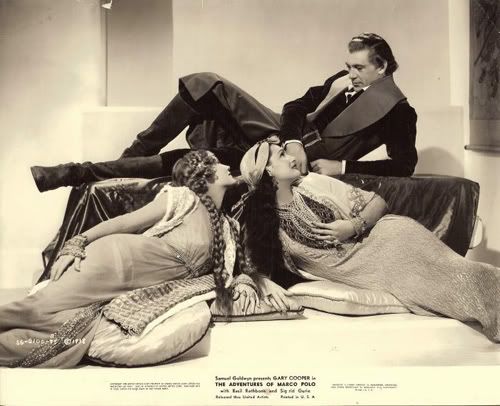
The Real Glory (1939):
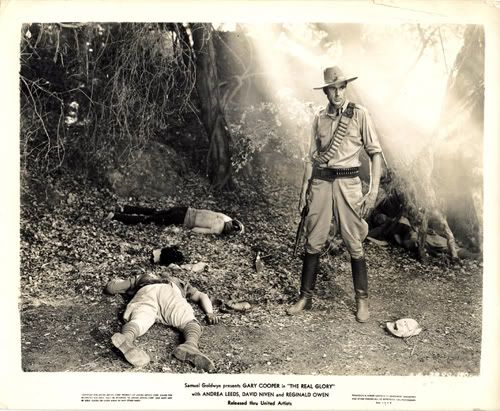
The Westerner (1940):
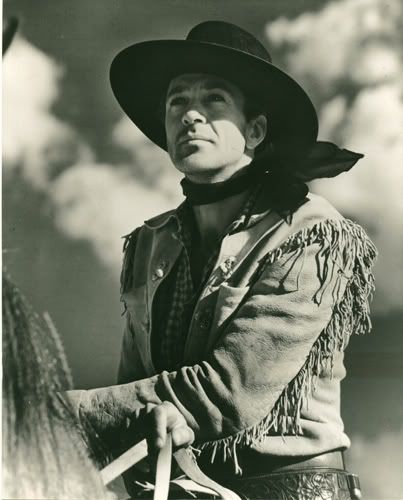
Sergeant York (1941):
**Won Best Actor Oscar for this film
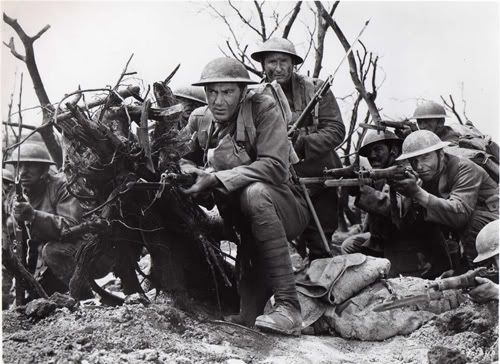
Meet John Doe (1941) (with Barbara Stanwyck, Walter Brennan and others):
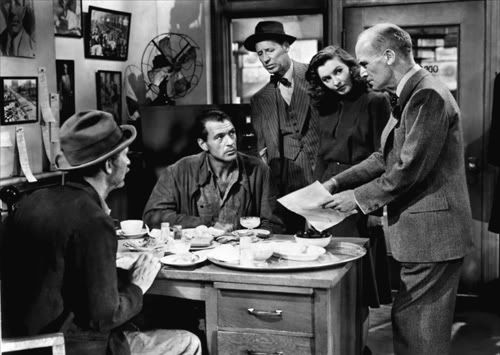
Ball of Fire (1942) (with Barbara Stanwyck) (probably my favorite of his films):
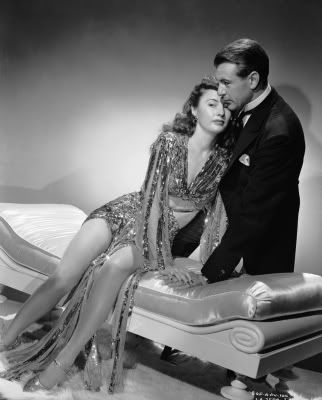
The Pride of the Yankees (1943):
**Nominated for Best Actor Oscar for this film
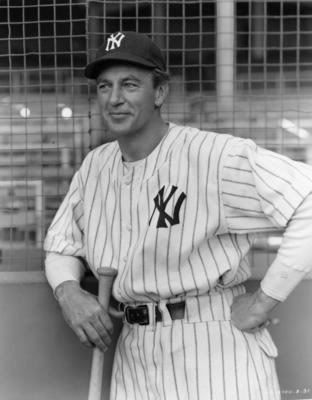
For Whom the Bell Tolls (1943) (with Ingrid Bergman):
**Nominated for Best Actor Oscar for this film
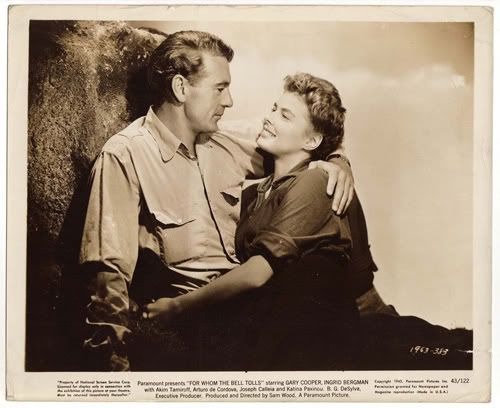
Along Came Jones (1945) (with Loretta Young):
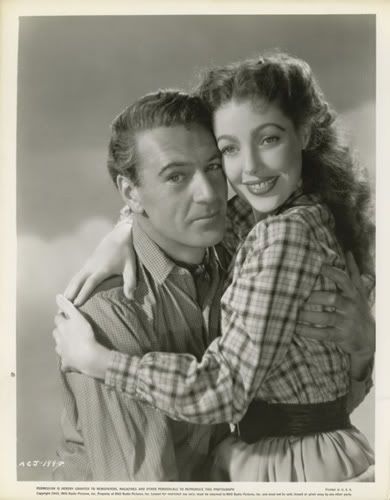
Saratoga Trunk (1946):
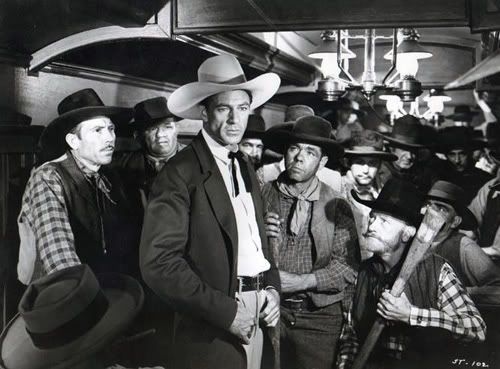
Unconquered (1948):
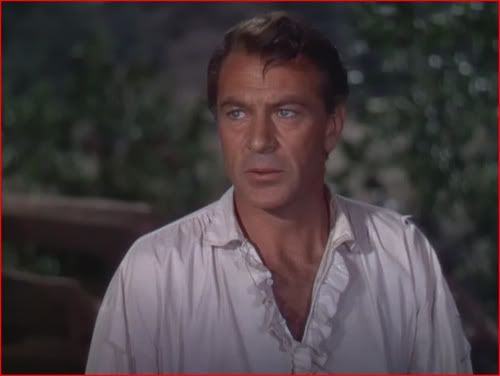
The Fountainhead (1949):
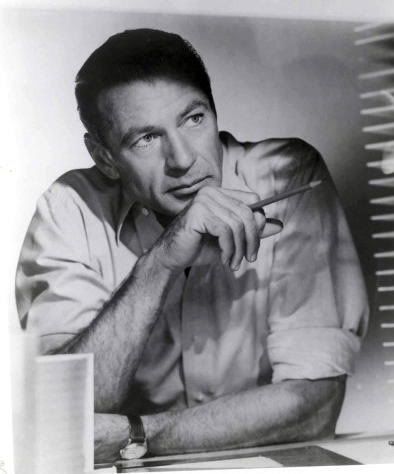
High Noon (1952) (with Grace Kelly):
** Won Best Actor Oscar for this film
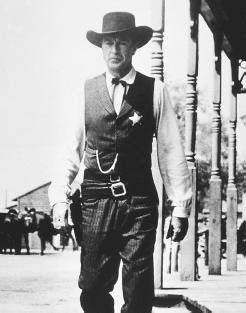
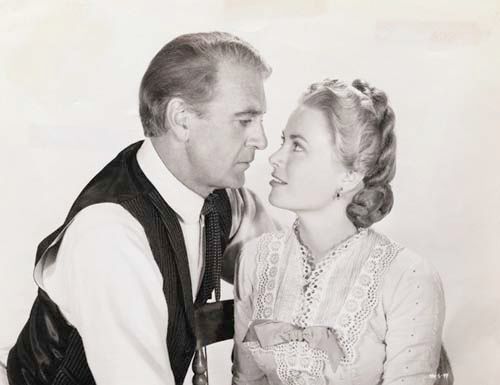
Vera Cruz (1954) (with Burt Lancaster and others):
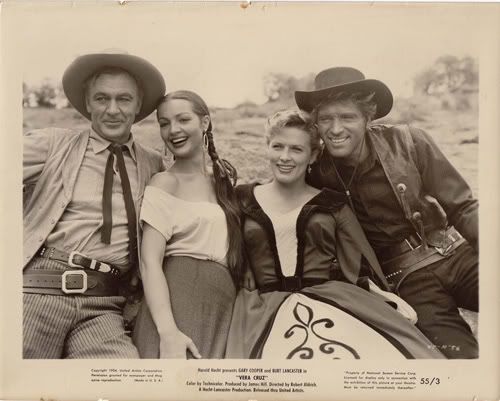
Garden of Evil (1954) (with Susan Hayward):
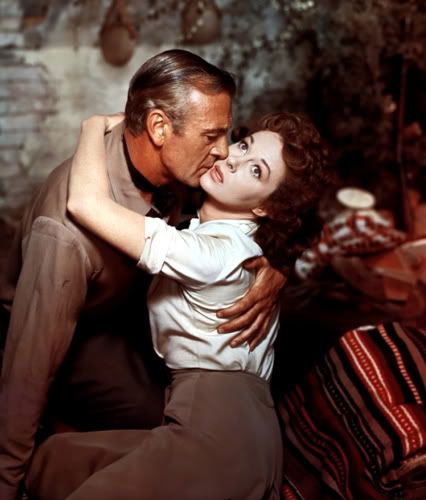
Love in the Afternoon (1957) (with Audrey Hepburn):
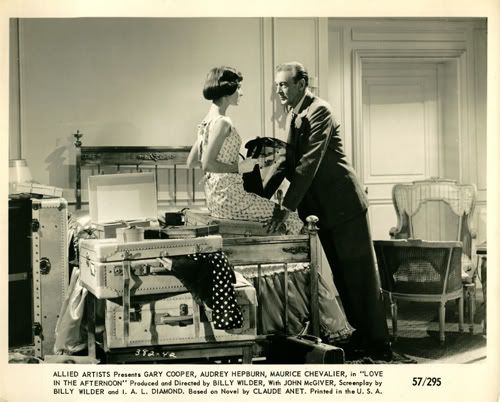
Man of the West (1958):
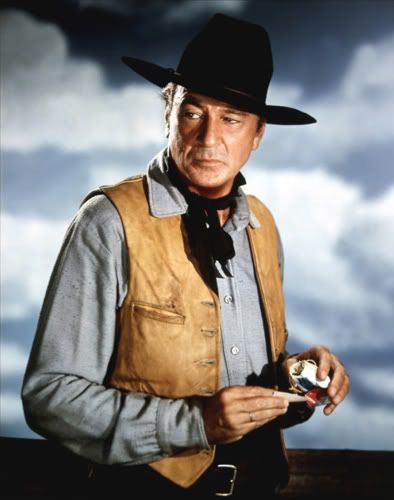
The Wreck of the Mary Deare (1959):
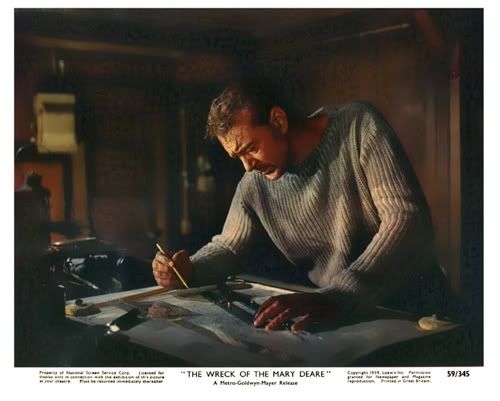
Publicity Shots:
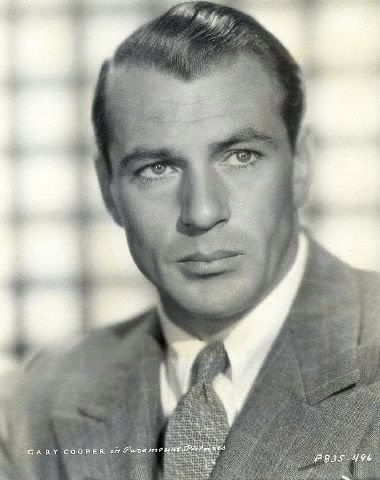
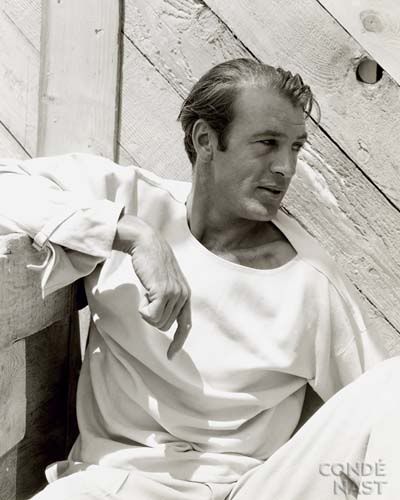
YouTube Links (videos done by a fellow Coop fan and friend of mine in the classic film community):
Fan Tribute to The Westerner (probably my favorite of his Westerns):
http://www.youtube.com/watch?v=WukXBTIdwAw&feature=related
And yes - Coop does all of his own riding!
What I Like About Gary Cooper:
http://www.youtube.com/watch?v=_JxPsiKBW1U&feature=channel_page
Holding Out for a Hero:
http://www.youtube.com/watch?v=NCgHLXsxCeY&feature=channel_page

Biography (from TCM Website, with edits by me):
Throughout his long and distinguished career, Gary Cooper consistently projected a screen image of integrity and sincerity that epitomized the ideal American. Tall, handsome and soft-spoken, he injected his own likable self into whatever role assumed, always triumphing over adversity, regardless of the odds or circumstances. He never played a malicious or dishonest man; that would have just been too much against type, and 'Coop' possessed an uncanny intuitive sense about what was theatrically right. He was arguably the greatest natural actor in American cinema with audiences responding to his screen presence from the beginning, making him one of the most popular film stars ever. A favorite of directors like Henry Hathaway, Cecil B. DeMille and Frank Capra, Cooper portrayed a steady diet of heroes, as comfortable in a lounge suit as he was in buckskins. During his peak period (1935-1945), he proved, even to his detractors, that he was an actor of subtlety and depth, enjoying a remarkable love affair with the camera.
Born Frank James Cooper to British-born parents, he spent his early years on a ranch in Montana until his mother took him and his older brother to England in 1910. After seven years, Cooper returned to the USA, attended college and eventually joined his family in Los Angeles. Arriving as an aspiring 23-year-old cartoonist, he began appearing as an extra and stunt rider in Westerns after failing to impress the newspapers with his artwork. On the advice of a casting director (later his agent), he changed his first name to "Gary" (after the Indiana city) and got his big break, a pivotal role in "The Winning of Barbara Worth" (1926), supporting Ronald Colman and Vilma Banky. The film's producer, Samuel Goldwyn, offered him a contract for $65 per week, but Cooper instead signed with Paramount for the much higher salary of $150 per week. Soon he was starring in oaters like "Arizona Bound", "Nevada" and "The Last Outlaw" (all 1927), but it was a featured part in that year's "Wings", one of the most famous silent films of all time, that really triggered an onslaught of fan mail. The studio eased him in front of a microphone for the final scenes of "The Shopworn Girl" (1928), and his voice recorded well. By the early 1930s his exceptional good looks and slow, thoughtful delivery was endearing him to film fans the world over as Paramount matched him against a bevy of beauties: Marlene Dietrich ("Morocco" 1930), Carole Lombard ("I Take This Woman" 1931), Claudette Colbert ("His Woman" 1931) and Tallulah Bankhead ("Devil and the Deep" 1932).
Cooper struck a lasting friendship with the writer Ernest Hemingway, playing the first of his detached Hemingway heroes in "A Farewell to Arms" (1932), opposite Helen Hayes. As he embarked on his first of seven films with Hathaway ("Now and Forever" 1934), he was about to enter a period where almost all his films were exceptional. His Best Actor Oscar nomination as the multi-millionaire trying to give away his inheritance in Capra's "Mr. Deeds Goes to Town" (1936) attests to his facility for comedy, but there was always a Western around the corner like DeMille's "The Plainsman" (1937) or William Wyler's "The Westerner" (1940) for him to inhabit. Though he was a perfect fit with the cowboy iconography, Cooper also possessed a chameleon quality that enabled him to be equally adept in a remarkably varied oeuvre. Make him the hero and put him in any walk of life, and he could embody that interpretation of the American Dream. He won his first Oscar as "Sergeant York" (1941), the most decorated US serviceman of World War I, worked hard to overcome his unfamiliarity with baseball to give an excellent, Oscar-nominated performance as Lou Gehrig in "The Pride of the Yankees" (1942) and slipped readily back into the skin of a Hemingway character for another Oscar-nominated turn in the Spanish Civil War tale, "For Whom the Bell Tolls" (1943). In one of his last films for Paramount, Cooper made a credible nuclear physicist caught up in espionage for Fritz Lang's "Cloak and Dagger" (1946), and though many thought him miscast as the idealistic architect of "The Fountainhead" (1949), women responded strongly to his rugged individualism, especially the sight of him bare-chested in the quarry.
The peak of his career having passed, he found himself in the doldrums at Warner Bros., but there remained at least one last, great defining part ahead. 'Coop' took a cut in salary in exchange for a percentage of the profits on Fred Zinnemann's "High Noon" (1952), marking the beginning of big star participation in movie-making. He delivered a magnificently understated performance as the middle-aged sheriff who must fight one more battle before retirement, earning universal acclaim and the second Best Actor Academy Award of his career.
Of his subsequent movies, Wyler's "Friendly Persuasion" (1956) probably showed him to best advantage as a Quaker drawn reluctantly into the Civil War, though Anthony Mann's "Man of the West" (1958), dismissed at the time, has more recently gained in reputation. In his last years, Cooper made minor films, dying of cancer in May 1961, shortly after receiving an honorary Oscar for his contributions to the industry.
The Winning of Barbara Worth (1926):

Lilac Time (1928):

Beau Sabreur (1928):

Morocco (1930) (with Marlene Dietrich):

The Spoilers (1930):

City Streets (1931):

Fighting Caravans (1931):

A Farewell to Arms (1932) (with Helen Hayes):

One Sunday Afternoon (1933):

Today We Live (1933) (with Joan Crawford):

Now and Forever (1934) (with Shirley Temple):

Operator 13 (1934):

Peter Ibbetson (1935) (with Ann Harding):

The Wedding Night (1935) (with Ralph Bellamy and Anna Sten):

Lives of a Bengel Lancer (1935):

Mr. Deeds Goes to Town (1936) (the first Gary Cooper movie I ever saw!):
**Nominated for Best Actor Oscar for this film

The Plainsman (1937) (with Jean Arthur):

The Adventures of Marco Polo (1938):

The Real Glory (1939):

The Westerner (1940):

Sergeant York (1941):
**Won Best Actor Oscar for this film

Meet John Doe (1941) (with Barbara Stanwyck, Walter Brennan and others):

Ball of Fire (1942) (with Barbara Stanwyck) (probably my favorite of his films):

The Pride of the Yankees (1943):
**Nominated for Best Actor Oscar for this film

For Whom the Bell Tolls (1943) (with Ingrid Bergman):
**Nominated for Best Actor Oscar for this film

Along Came Jones (1945) (with Loretta Young):

Saratoga Trunk (1946):

Unconquered (1948):

The Fountainhead (1949):

High Noon (1952) (with Grace Kelly):
** Won Best Actor Oscar for this film


Vera Cruz (1954) (with Burt Lancaster and others):

Garden of Evil (1954) (with Susan Hayward):

Love in the Afternoon (1957) (with Audrey Hepburn):

Man of the West (1958):

The Wreck of the Mary Deare (1959):

Publicity Shots:


YouTube Links (videos done by a fellow Coop fan and friend of mine in the classic film community):
Fan Tribute to The Westerner (probably my favorite of his Westerns):
http://www.youtube.com/watch?v=WukXBTIdwAw&feature=related
And yes - Coop does all of his own riding!
What I Like About Gary Cooper:
http://www.youtube.com/watch?v=_JxPsiKBW1U&feature=channel_page
Holding Out for a Hero:
http://www.youtube.com/watch?v=NCgHLXsxCeY&feature=channel_page





 One of the few actors I know of who looks equally sexy in a tux or suit, western wear, or military dress.
One of the few actors I know of who looks equally sexy in a tux or suit, western wear, or military dress.
